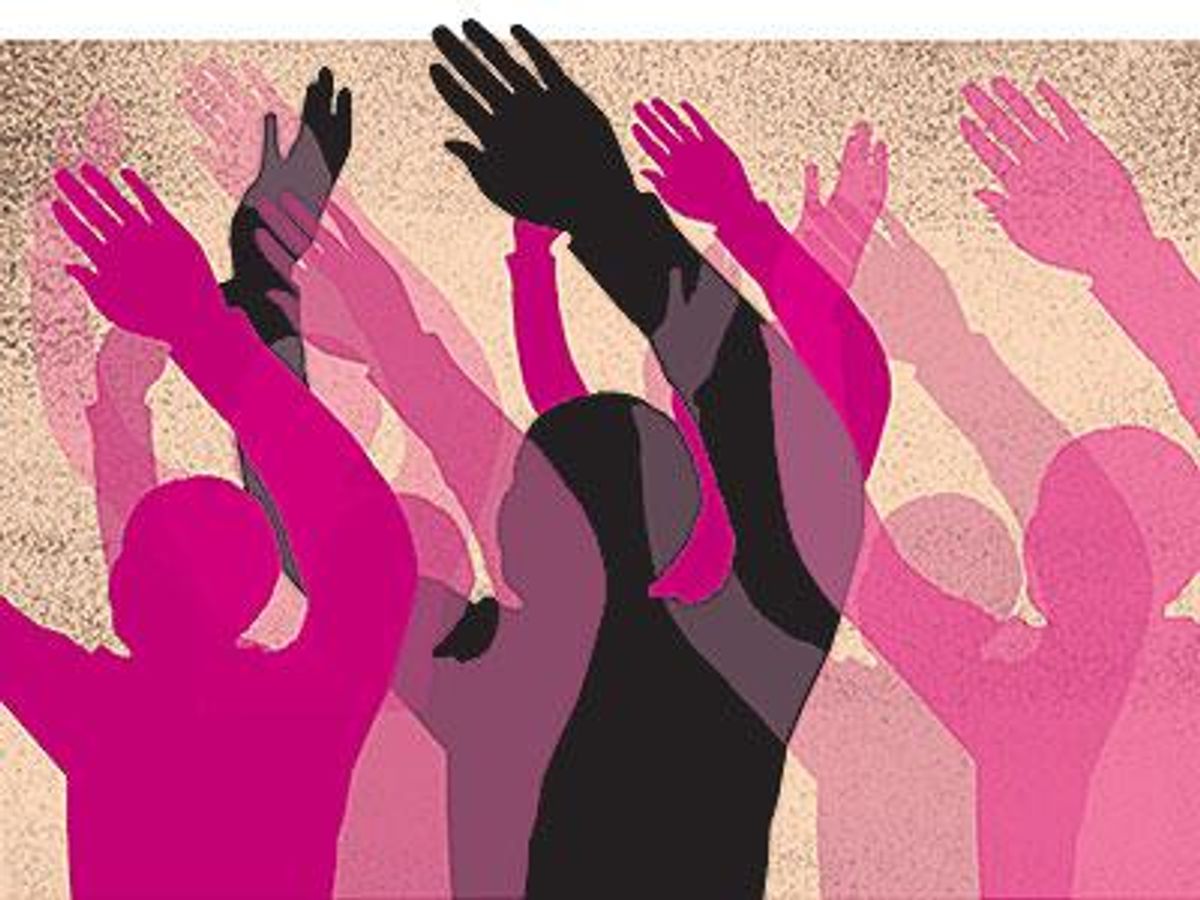
We must seek to understand the ways in which oppression is a shared burden that ignores racial and orientation boundaries.
January 01 2015 11:00 AM EST
November 17 2015 5:28 AM EST
By continuing to use our site, you agree to our Private Policy and Terms of Use.

Most people discussing the crisis in Ferguson, Mo., are missing the point. The countless conversations, in social settings and on social media in the time leading up to and following the grand jury decision not to indict officer Darren Wilson, focused on the minute details of who did what and when. But the truth is that we may never know the truth.
Participating in these discussions and watching them play out makes it clear to me that most people find it impossible to transcend their own experience. This lowers the bar for discussion and reveals a shocking lack sympathy for others. An indifferent attitude is particularly offensive when it comes from white LGBT people who purport to be interested in furthering human rights, but only as it pertains to themselves.
The point we take away shouldn't be about Brown or Wilson, specifically. Nor should we focus on the actions of the police or the protestors. We should be addressing the 400-plus years of institutionalized racism, a consequence of which is a severe imbalance in our criminal justice system and significant distrust of it on the part of the black community. There are also serious ramifications from lasting economic disparities that contribute to the injustice.
It's no wonder that tensions have flared and public discourse has spiraled out of control. And it's not hard to predict where folks will fall in these discussions. The more white and affluent you are, the more likely you are to fall on the side of "the rule of law." The less white and affluent you are, the more likely you are to see the injustice in Ferguson and similar crises and sympathize with the communities affected by young, unarmed black men being shot to death by police officers. The chances for finding common ground are slim. That's exactly why folks should look past the specific details of Ferguson and start to talk about the underlying reasons that caused such a situation to occur.
The LGBT community should find it easy to see the big picture here; our own movement for equality was borne out of systemic injustice and harassment by law enforcement. When our brothers and sisters stood up to the NYPD back in 1969 and began the Stonewall riots, it set us on a course of liberation. Those protests sent a message that we weren't going to take the harassment anymore.
The LGBT community has also experienced societal discrimination. Whether because of bullying at school, the loss of a job, being the victim of a hate crime, or the many other forms that bias can manifest, we know what it's like.
What LGBT person cannot identify with others facing the systemic injustice of the kind that our community has long suffered from?
Let us also not forget that many black civil rights leaders and organizations have stood with us in our march towards equality. Some did so when their own communities were not quite ready, but those organizations worked to show that the struggle for LGBT equality is similar to their own. Civil rights hero Rep. John Lewis has been a vocal supporter of marriage equality and was one of the main opponents of DOMA back in 1996. Following President Obama's public statement in support of marriage equality, the NAACP also followed suit.
We should stand by our friends and join in efforts that call attention to the injustice that continues to plague the black community. Together, we can work to build a more perfect society. But it won't happen if we forget or ignore our own history and leave our allies to carry out their struggle on their own. Consider joining a protest in your city or sharing relevant posts on Facebook to further discussion.
LGBTs are not a monolithic community. We represent every kind of diversity that can be found within a culture. Many members of our own community experience the injustice that Ferguson represents. Many of my black LGBT friends have found themselves isolated from our community because of the things being said. Choosing "the side of law enforcement" in the discussion over Ferguson means we are leaving behind part of our own community.
By choosing to understand the bigger issues at play -- racial bias, systemic injustice, and economic inequality -- we can redirect the conversation to a higher ground. If this can be done, then we may be able to move past the division we have experienced and start finding common ground.
Want more breaking equality news & trending entertainment stories?
Check out our NEW 24/7 streaming service: the Advocate Channel!
Download the Advocate Channel App for your mobile phone and your favorite streaming device!
